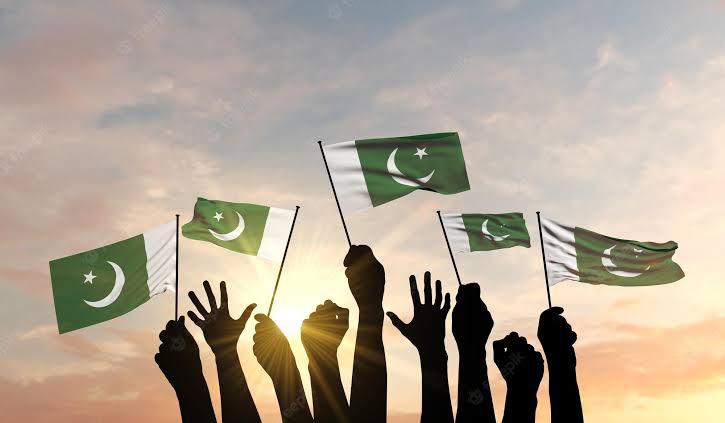The Pakistani Taliban’s most recent attack, a suicide bombing in the capital last Friday, left one police officer dead and six others injured.
According to an investigation by a foreign media outlet, the Tehreek-i-Taliban Pakistan (TTP), which banned and broke the cease-fire with Islamabad last month, has carried out several attacks across the nation.
The Afghan Taliban, who took control of Kabul last year, has been asked by Pakistani authorities to use their clout to persuade the TTP to make peace with Islamabad, but multiple rounds of negotiations have failed to produce a fruitful outcome.
As shelling from Afghanistan along its border with Pakistan has killed several civilians, Pakistan faces multiple security threats from both the TTP and the new authorities in Kabul. Since the current administration does not have the public support to address the security issue or the financial resources to do so, it is possible that it may get worse in 2023.
Analysts are concerned that Pakistan could wind up like its neighbour Sri Lanka in terms of being unable to pay its debts, lacking foreign reserves, and dealing with unmanageable, spiralling inflation as the year ends. After the State Bank of Pakistan unexpectedly increased interest rates to combat inflation in November, the country’s consumer price index reached a level of about 24 percent. In the fiscal year 2023, Pakistan is expected to pay back more than $26 billion in foreign debt.
The inflation rate climbed to an all-time high of 14.9% in October. The Pakistani rupee has never been lower than the US dollar, and regular people cannot afford the high price of gasoline.
The foreign exchange reserves of Pakistan have decreased to $6.7 billion, the lowest amount in the previous four years, according to the central bank of Pakistan.
According to Niloufer Siddiqui, a political science professor at the State University of New York, “Pakistan will continue to face a number of issues in the coming year; a worsening economic crisis amid a developing political instability.”
“In 2023, the government will focus on the usual short-term fixes that buy Pakistan more time but ultimately don’t end up solving the underlying problems, until the cycle plays out anew. So, we can expect Islamabad to look for more bailout funds from the usual suspects — China and the Gulf countries,” Michael Kugelman, a South Asia expert at the Washington-based Woodrow Wilson International Center for Scholars, said.
Former Pakistani ambassador to the US and Hudson Institute director for South and Central Asia Husain Haqqani claimed that Pakistan has not made any human capital investments in the previous seven decades. Instead of luring in varied investments, it survives on textile exports and foreign borrowing. There is no indication of the crucially needed fundamental economic reforms, but it would likely avoid default through a combination of increased borrowing and decreased imports, he told the media source.

Comments are closed.